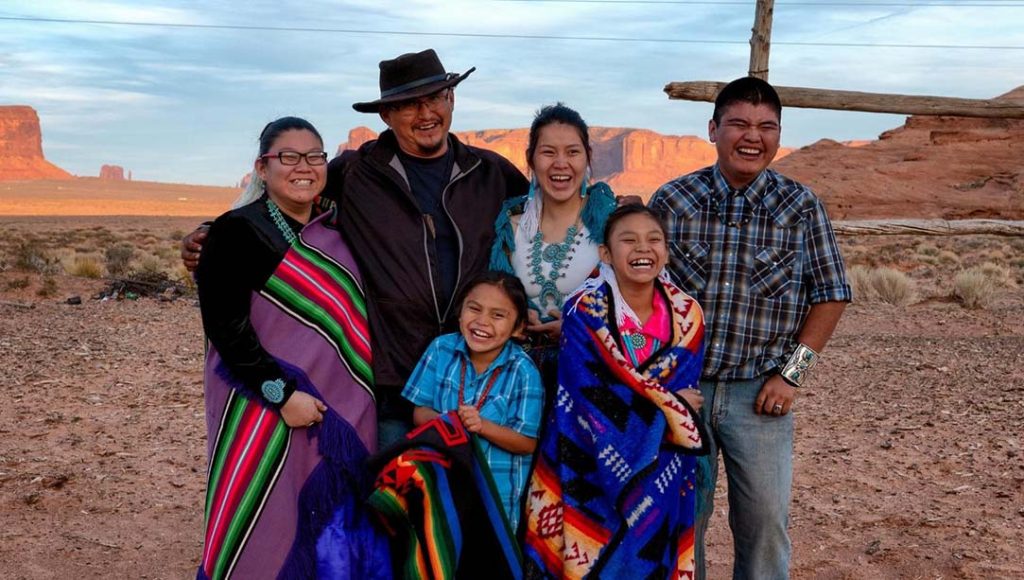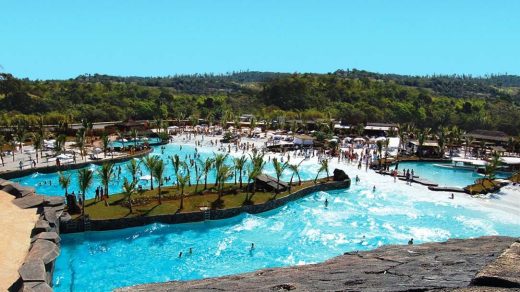Canada’s rich Indigenous heritage is an integral part of the country’s cultural fabric. From the diverse traditions, art forms, and spiritual practices to the deep connection with the land, the Indigenous culture of Canada offers a captivating and meaningful experience for travelers. We will delve into the world of Indigenous tourism, providing a comprehensive guide to discovering and appreciating the Indigenous culture of Canada through immersive and respectful experiences.
Understanding Indigenous Culture
a. Traditional Territories: Recognize and respect the traditional territories of the Indigenous peoples you encounter during your travels. Research and learn about the specific nations and communities that inhabit the regions you plan to visit.
b. Indigenous Languages: Explore the rich linguistic diversity of Indigenous languages in Canada. Learn common greetings and phrases in the local Indigenous languages, showcasing your respect for the culture and fostering meaningful connections with the communities.
c. Cultural Sensitivity: Approach Indigenous cultures with an open mind and a willingness to learn. Be respectful of cultural protocols, customs, and traditions. Seek permission before taking photos or participating in ceremonies and events.
Indigenous Tourism Experiences

a. Cultural Centers and Museums: Visit Indigenous cultural centers and museums across Canada to gain insights into the diverse histories, art forms, and traditions of Indigenous communities. The Royal BC Museum in Victoria, the Canadian Museum of History in Ottawa, and the Inuvialuit Cultural Centre in Inuvik are just a few examples of institutions that offer immersive Indigenous exhibits and educational programs.
b. Indigenous Guided Tours: Engage in Indigenous-led guided tours that provide authentic and in-depth experiences. These tours may include visits to ancestral lands, storytelling sessions, traditional ceremonies, and hands-on activities like craft-making or traditional cooking.
c. Powwows and Festivals: Attend powwows and Indigenous festivals, which are vibrant celebrations of Indigenous culture. Witness traditional dances, music performances, arts and crafts markets, and indulge in Indigenous cuisine. The Calgary Stampede, the Gathering of Nations Powwow in New Mexico, and the Miawpukek First Nation Powwow in Newfoundland are renowned events that showcase Indigenous traditions.
d. Traditional Food Experiences: Sample Indigenous cuisine by visiting restaurants or participating in food-focused Indigenous experiences. Enjoy dishes such as bannock, wild game, salmon, and unique regional specialties. These culinary encounters offer a taste of Indigenous traditions and a deeper understanding of the connection between food and culture.
e. Cultural Workshops and Classes: Participate in workshops and classes that teach Indigenous arts, crafts, and cultural practices. Learn traditional drumming, beading, moccasin-making, or dreamcatcher weaving from knowledgeable Indigenous artisans, passing on their ancestral knowledge.
Supporting Indigenous Communities

a. Indigenous Art and Crafts: Purchase authentic Indigenous art, crafts, and jewelry directly from Indigenous artists and artisans. This supports their livelihoods and ensures the preservation of cultural traditions. Look for reputable galleries, markets, or artist cooperatives that promote fair trade practices.
b. Indigenous-Owned Businesses: Support Indigenous-owned businesses, accommodations, and tour operators that prioritize Indigenous experiences and sustainability. By choosing these businesses, you contribute to the economic development and self-determination of Indigenous communities.
c. Cultural Homestays and Accommodations: Consider staying in Indigenous-owned accommodations, such as guesthouses or lodges, for an immersive cultural experience. Cultural homestays allow you to learn directly from community members, participate in daily activities, and gain a deeper understanding of Indigenous lifestyles.
d. Indigenous Art Festivals and Markets: Attend Indigenous art festivals and markets, where artists and artisans showcase their creations. These events offer opportunities to meet artists, learn about their inspirations, and purchase unique, authentic Indigenous artworks.
e. Community Events and Fundraisers: Stay informed about community events and fundraisers organized by Indigenous communities. These events often highlight cultural practices, traditions, and community initiatives. Attending or supporting such events contributes to the overall well-being and cultural preservation of Indigenous communities.
Indigenous tourism in Canada offers an opportunity to immerse oneself in the vibrant and diverse Indigenous cultures that have shaped the nation’s identity. By engaging in respectful and immersive Indigenous experiences, travelers can deepen their understanding of Indigenous histories, traditions, and ways of life. Whether attending powwows, exploring cultural centers, learning traditional crafts, or supporting Indigenous-owned businesses, each experience fosters a greater appreciation and respect for the rich tapestry of Indigenous cultures. So, embark on a cultural journey, connect with Indigenous communities, and discover the profound beauty and wisdom that lie within Canada’s Indigenous heritage



